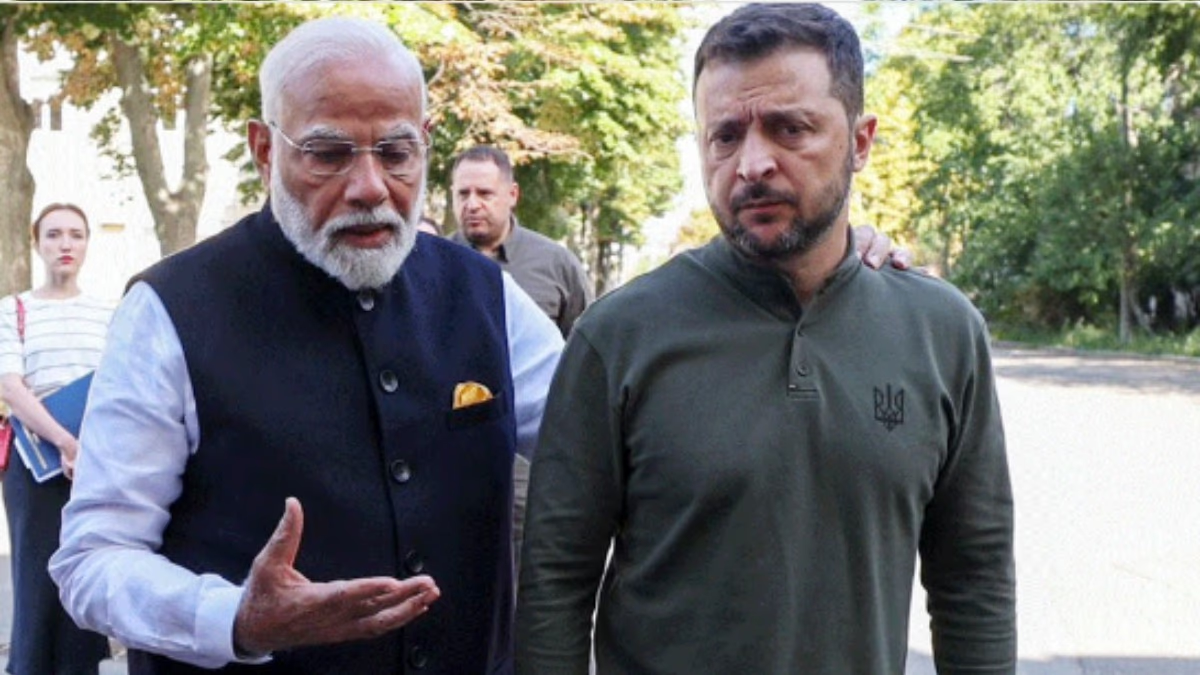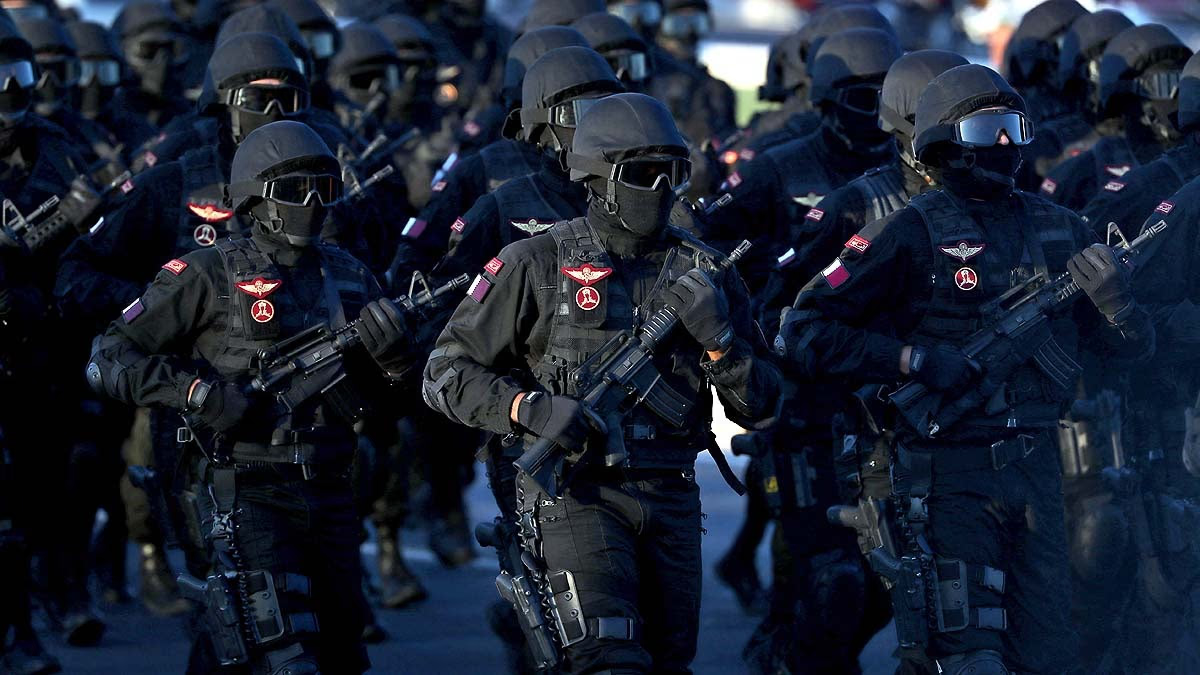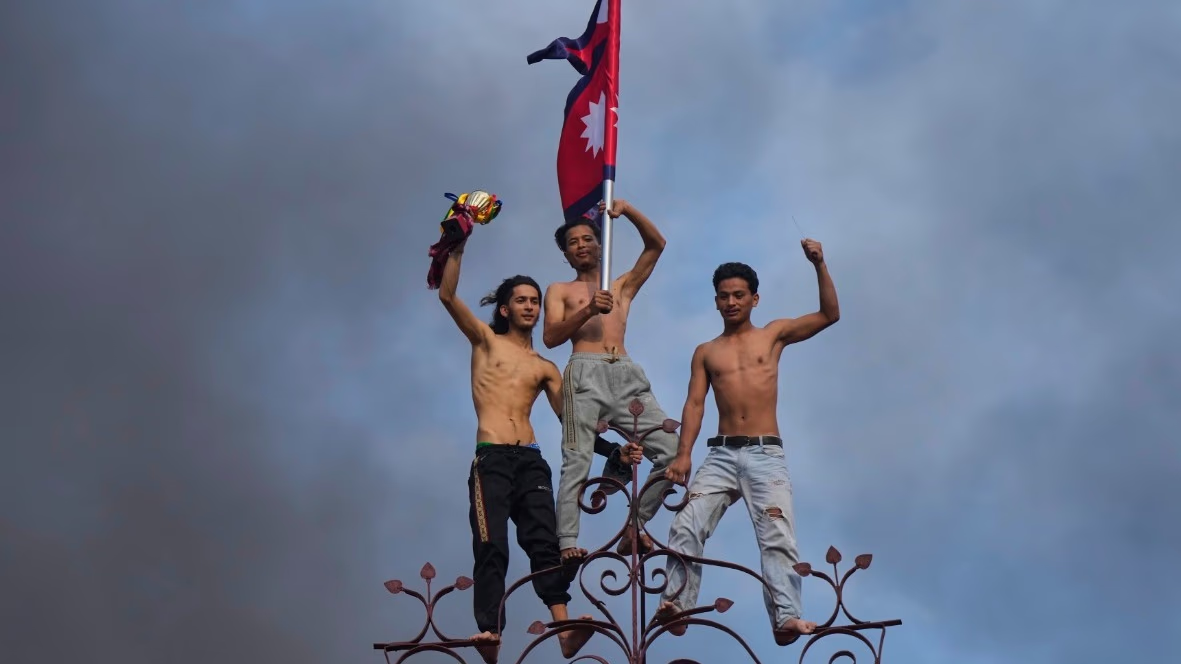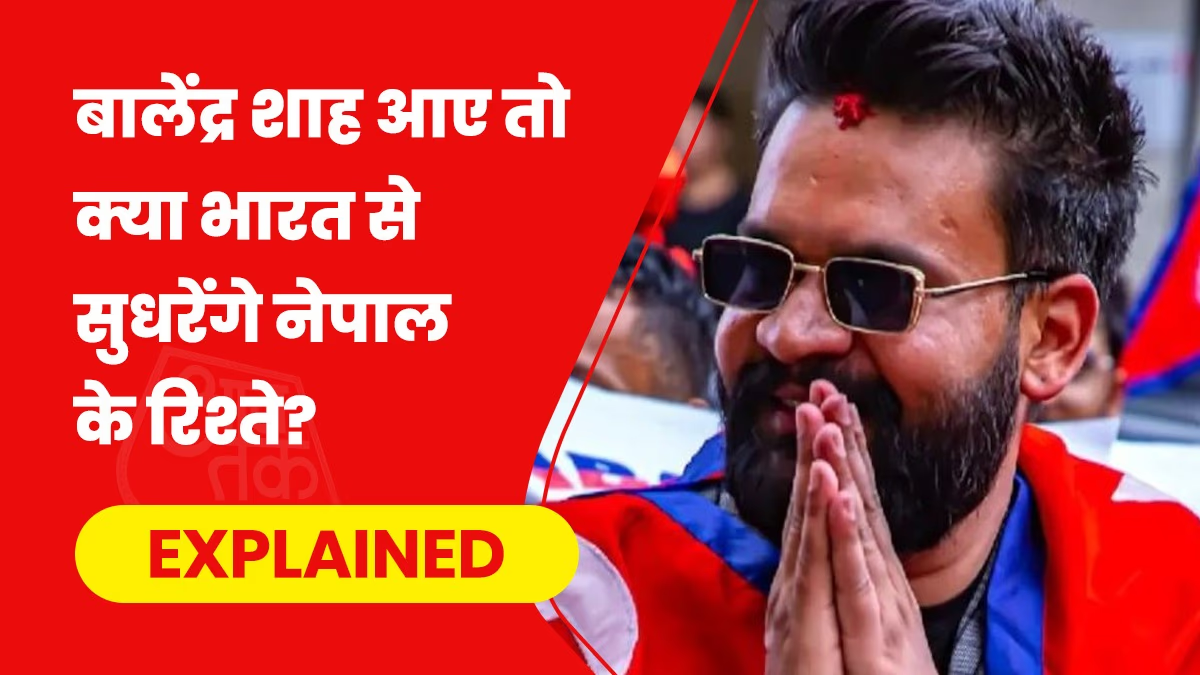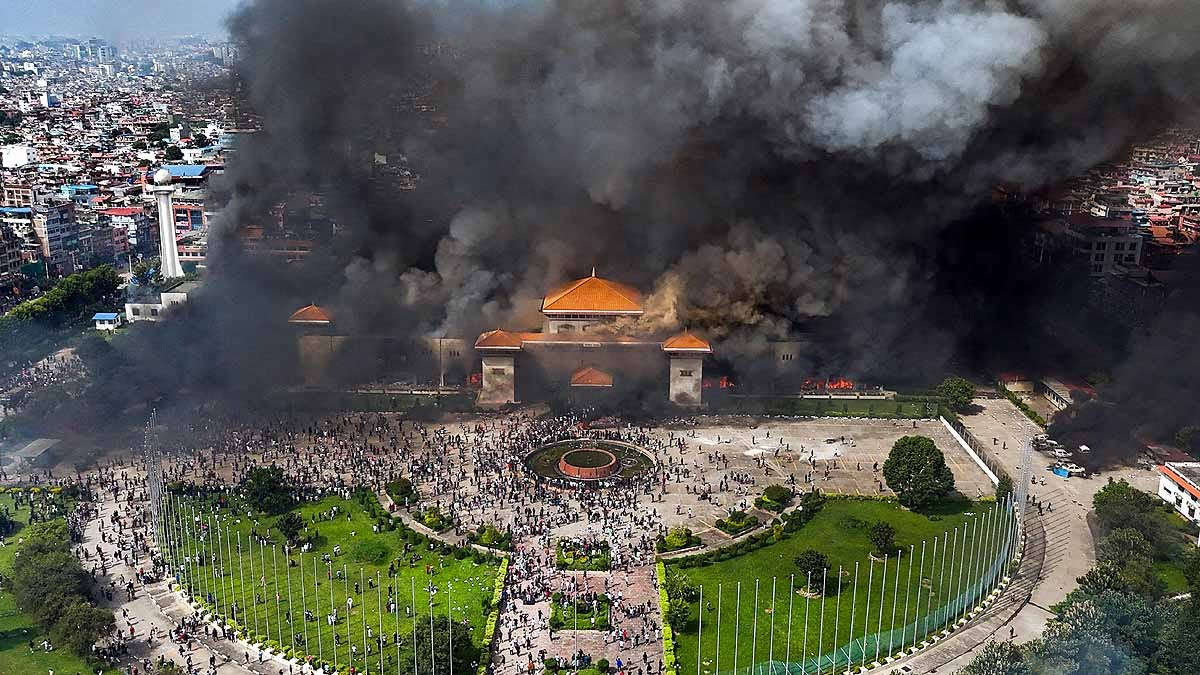The year was 1945. With the end of World War II, the world was divided into two parts. On one side were the Allied nations, and on the other side were the Axis nations. The Allies included France, Great Britain, the United States, the Soviet Union, and China. The Axis powers were Germany, Italy, and Japan. The Allied nations officially came to be known as the United Nations, including all wartime members. Although India did not play a direct role in this war, its involvement was significant. At that time, India was fighting on Britain's behalf. In 1947, India gained independence, and Jawaharlal Nehru became the first Prime Minister. The challenge was to formulate and advance a new foreign policy for the country.
Then came the year 1961. At the Belgrade Conference, three leaders - Jawaharlal Nehru, the first Prime Minister of India, Egyptian President Gamal Abdel Nasser, and Yugoslav President Josip Broz Tito - laid the foundation for the Non-Aligned Movement (NAM). The non-aligned countries declared that they would remain independent in actions and thoughts, i.e., they would not become part of any bloc. Sixty years later, the world is once again seen as divided into two camps. The Russia-Ukraine war has been ongoing for over two and a half years, and bombing in Israel and Gaza has continued for over a year. On one side are the US and European countries, and on the other, major powers like Russia, China, and Brazil are standing firm. Even today, India is not part of any bloc. It is a reliable partner for countries in both camps. Prime Minister Narendra Modi conveys the message that solutions cannot be found on the battlefield. The world is also welcoming PM Modi's peace mission.
How has India's role changed globally?
India has kept itself away from every proposal presented by either the West or Russia regarding the war. This directly reflects India's historic non-aligned policy. It can be said that from Jawaharlal Nehru to Narendra Modi, there have been significant changes and developments in India's global role. The influence and prominence of India are now visible worldwide. The trust in India has grown. Today, when initiatives to end the Russia-Ukraine war are pursued, India is seen at the forefront of the peace mission. Prime Minister Narendra Modi meets with Russian President Vladimir Putin in Moscow and appeals for peace. Three months later, when he visits Ukraine, he also initiates peace talks with President Volodymyr Zelensky. The US and other countries also express their belief in India's role.
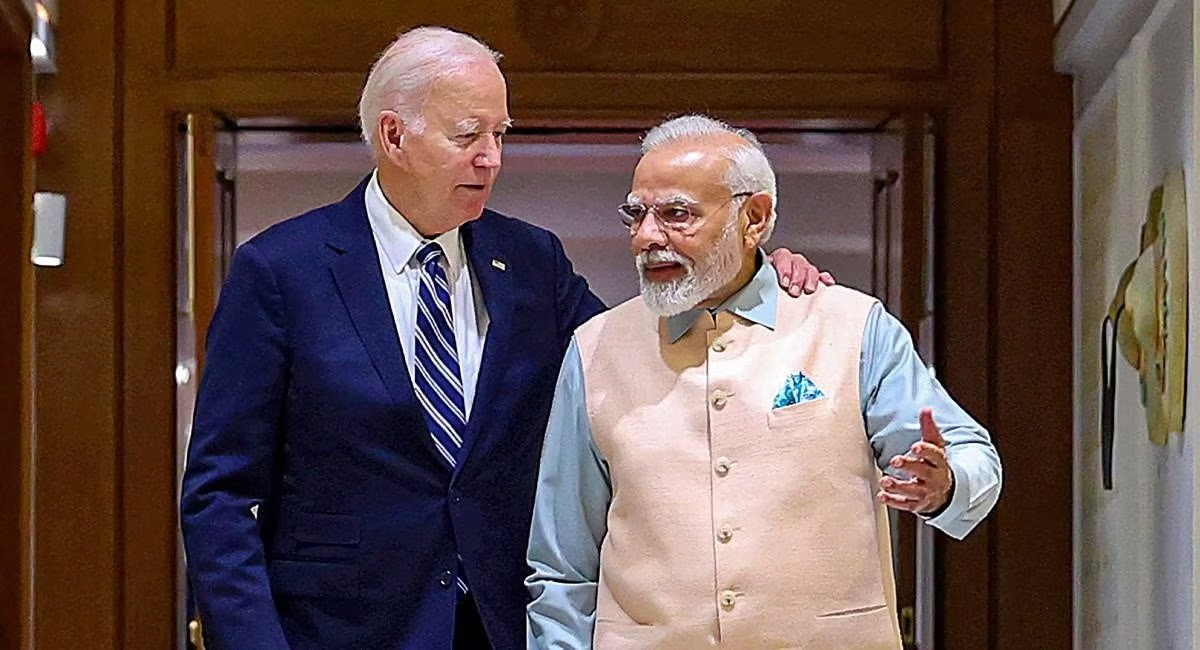
Source: aajtak
American President Joe Biden reiterates and appreciates India's support and now, to give shape to Modi's peace mission, India's National Security Advisor Ajit Doval is visiting Russia. India could play the role of a mediator to stop the war. Recently, Russian President Putin also mentioned that India could play a crucial role in ending this war. Doval will participate in the BRICS NSA meeting in Russia. He may discuss the resolution of the Russia-Ukraine conflict and meet President Putin. During this period, a separate meeting with his Chinese counterpart is also expected. Currently, this shift in India’s stance can be understood through four major phases.
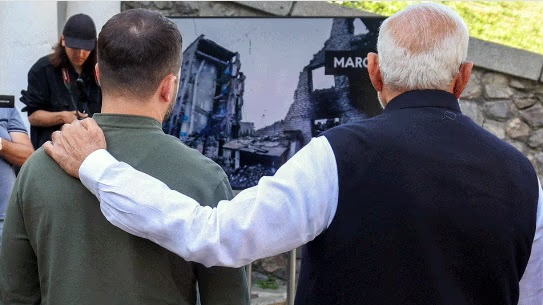
Source: aajtak
The story of the Non-Aligned Movement...
1.
Jawaharlal Nehru played a significant role in establishing the Non-Aligned Movement (NAM) after independence. Under this policy, India became neither a part of the American bloc nor the Soviet bloc; instead, it maintained its independent foreign policy, aligning with its national interests. During the Cold War, India decided not to align with the American and Soviet blocs, maintaining an independent, neutral stance. Nehru advocated for peaceful coexistence under the principles of Panchsheel, focusing on promoting peace and cooperation globally. India was actively involved in the United Nations right after independence, participating in peace missions and promoting global peace.
Due to non-alignment, India played a significant and independent role in international forums and mediated several global issues. Nehru’s policy kept India economically independent. India promoted trade and technological cooperation with both blocs, strengthening its economic position. The non-aligned policy provided India with a moral and ideological leadership for developing countries, making India an influential voice in international politics.
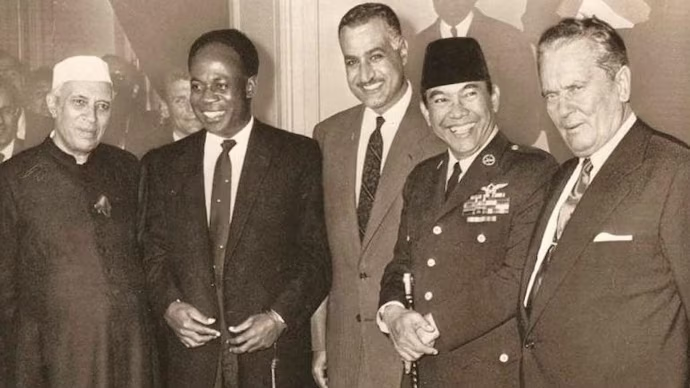
Source: aajtak
2.
After 1990, the era of liberalization and globalization began. Following the economic crisis of 1991, India adopted policies of globalization and economic liberalization, resulting in a significant shift in its global status. India opened its doors to global trade and investment, leading to a rapid economic growth and a strengthened position in international forums. India developed strategic partnerships with the USA, Russia, the European Union, Japan, and Southeast Asian countries, extending beyond military and security issues to include science, technology, and economic cooperation. Moreover, in 1998, India conducted the Pokhran-II nuclear tests, declaring itself a nuclear power, which strengthened its global position and altered diplomatic equations.
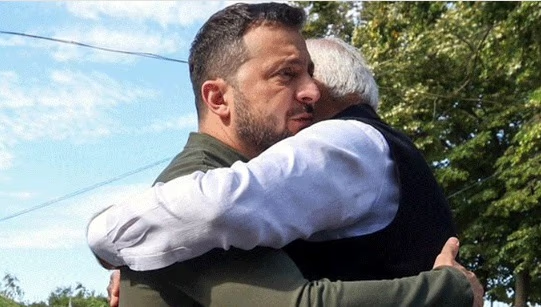
Source: aajtak
3.
In the 2000s, the era of emerging power began. India increased its activity in international forums like the United Nations, G20, BRICS, and IBSA. India also showcased its 'soft power' globally, including its culture, yoga, and Bollywood. India strengthened defense cooperation with countries like the USA, Japan, Israel, Russia, and France. Additionally, it expanded its naval presence in the Indian Ocean region.
4.
In 2014, the NDA government was formed, and Narendra Modi became Prime Minister. With a strong foreign policy, the 'Neighborhood First' policy was advanced. Modi’s government strengthened relations with neighboring countries under the 'Neighborhood First' policy. Furthermore, the 'Act East' policy and the 'Indo-Pacific' strategy increased India's role in Eastern and Southeast Asia. By joining forums like 'Quad,' India enhanced strategic cooperation with the USA, Japan, and Australia, covering regional security, maritime security, and economic partnership.
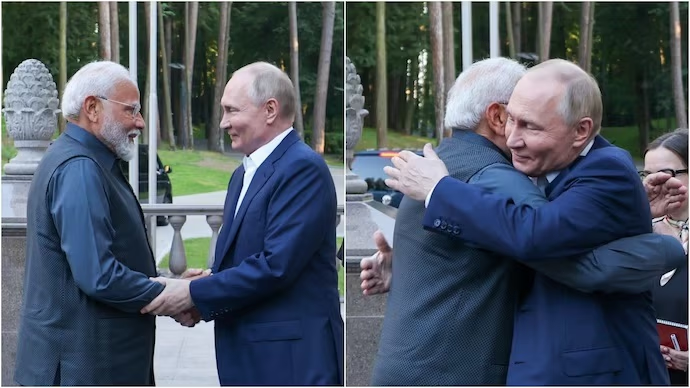
Source: aajtak
PM Modi has presented India as a 'global power' that leads not only in regional stability but also on global issues like climate change, terrorism, and sustainable development. The leadership of the 'International Solar Alliance' (ISA) is a prime example of this. The Modi government, through digital diplomacy (Digital India, India Stack, etc.) and economic reforms (such as GST, Make in India), has positioned India as an attractive destination for global investment.
Currently, India's role and status on the global platform have significantly strengthened. Where Nehru chose the path of non-alignment to maintain independence and sovereignty, Modi has combined economic, military, and diplomatic powers to make India a major global superpower. India's voice on global issues has now become even more powerful, and its impact is being felt across various sectors.
